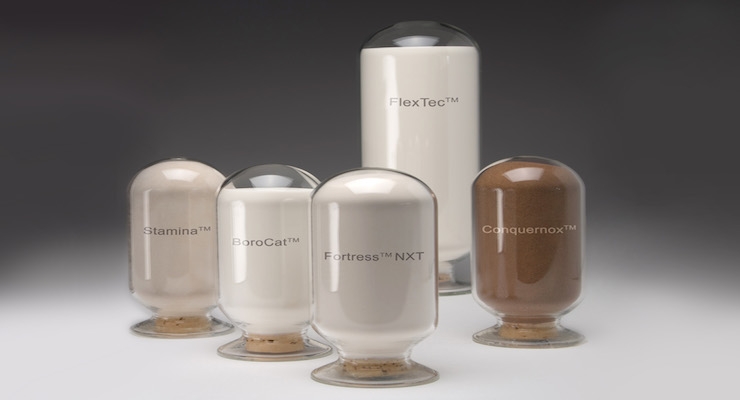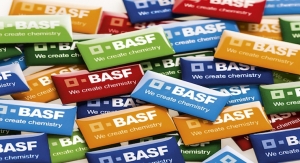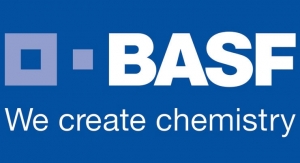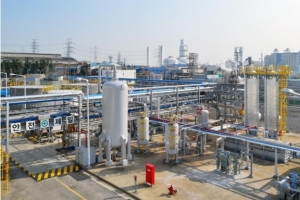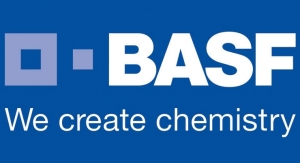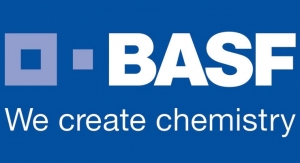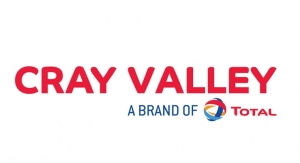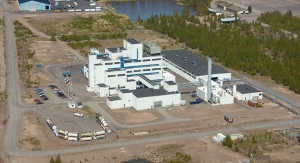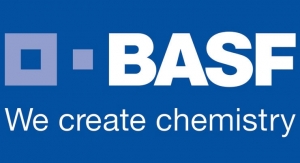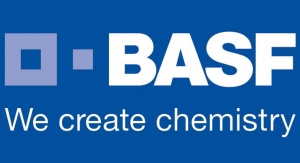BASF debuted Fortress NXT, the next generation of the industry-leading Fortress Fluid Catalytic Cracking (FCC) catalyst for heavy residuum (resid) oil feedstock applications for the refining market. Fortress NXT has been optimized to deliver superior metals passivation and activity maintenance, while keeping hydrogen and coke production low. For refineries, this creates the opportunity for profit maximization.
Fortress NXT has shown excellent results in refinery trials. Refineries that used Fortress NXT in their FCC units achieved optimal results with lower coke and gas. Refineries also sustained Liquefied Petroleum Gas (LPG) and gasoline outputs and bottoms upgrading while exploring new feedstocks with higher resid content. It builds on the BASF Fortress FCC catalyst technology that has been established in the Refinery markets for many years, and has been successfully used in FCC units all over the world.
“Customers that already used Fortress NXT during plant trials have seen clear gas and coke reduction and the ability to increase the residue content of their feeds by up to 7 percent,” said Detlef Ruff, SVP, Process Catalysts at BASF.
Fortress NXT resumes the path of continuous innovation of BASF’s refinery catalysts portfolio and builds on successful product introductions. The unique BoroCat technology, introduced in 2016, was recently awarded with the 2017 Hydrocarbon Processing Award for best catalyst technology and the 2017 Thomas Alva Edison Patent Award for outstanding environmental contributions. In 2017, Borotec was introduced in the market, the second innovation using BASF’s unique Boron-Based Technology (BBT) platform.
“Our goal is to make our refining customers worldwide more successful by offering catalysts that minimize unwanted side reactions and increase their output,” added Jim Chirumbole, VP, Refining Catalysts at BASF.

